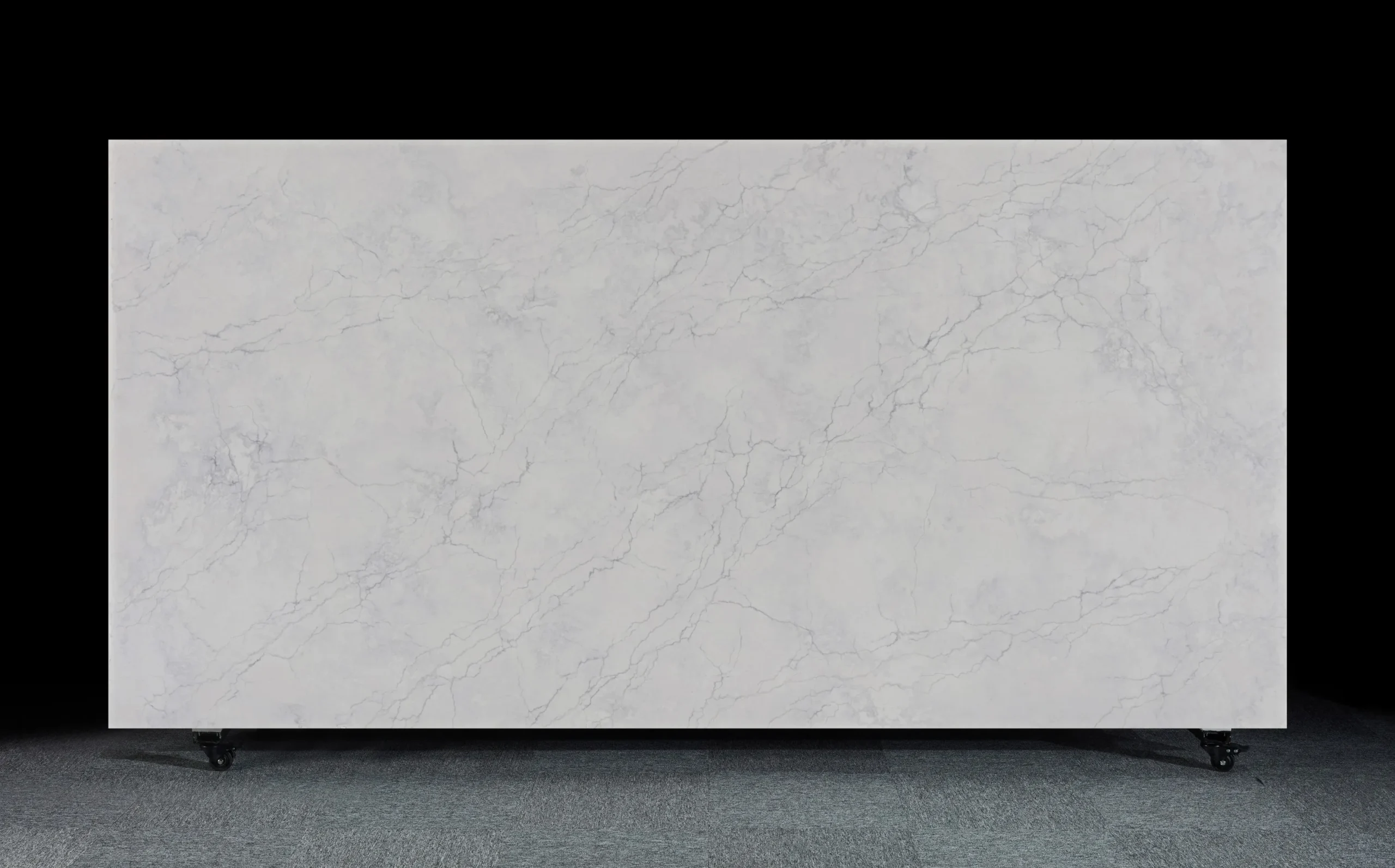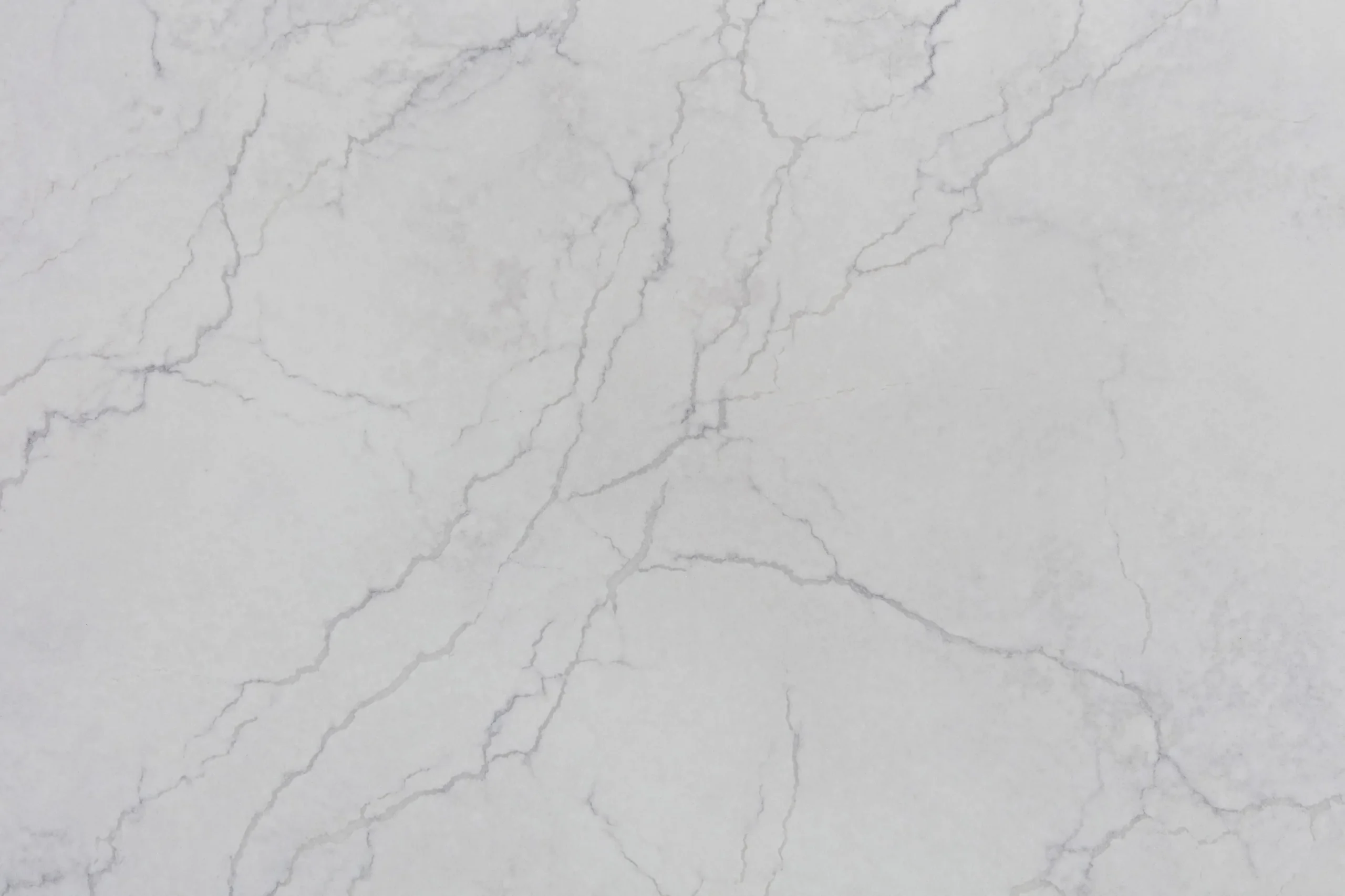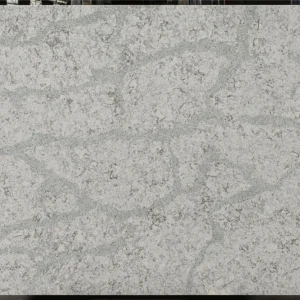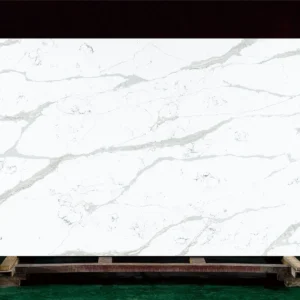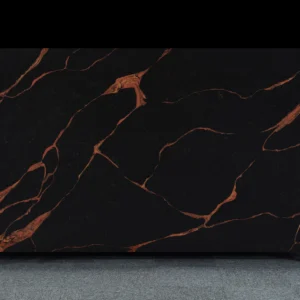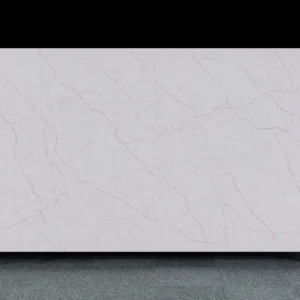granite countertops vs quartz
For distributors and wholesalers, quartz countertops may appeal to customers looking for consistency, lower maintenance, and affordability, while granite will appeal to those seeking a luxurious, natural product with a unique, one-of-a-kind appearance.
Additional information
Details about granite countertops vs quartz
Both granite and quartz countertops are top choices for high-end kitchen and bathroom installations. Understanding their differences can help wholesalers and distributors offer the right product to their customers based on aesthetic preferences, durability, and maintenance needs.
1. Composition:
-
Granite Countertops:
Granite is a natural stone formed from cooling magma and primarily composed of quartz, feldspar, and mica. Since it’s a natural material, each slab is unique with varying colors, patterns, and veins. -
Quartz Countertops:
Quartz countertops are engineered stone surfaces made from around 95% natural quartz mixed with resins and pigments. This results in more consistent patterns and color options compared to granite.
2. Durability:
-
Granite Countertops:
Granite is highly durable, scratch-resistant, and heat-resistant. However, it is porous and must be sealed to prevent staining from spills. It can chip or crack if heavy items are dropped on it, but it’s overall strong and ideal for heavy use. -
Quartz Countertops:
Quartz is non-porous, meaning it doesn’t need sealing. It’s also scratch-resistant and stain-resistant due to its resin binding. However, quartz can be more sensitive to heat than granite and can crack if exposed to excessive heat or sudden temperature changes.
3. Maintenance:
-
Granite Countertops:
Granite requires sealing every 1-2 years (depending on the type of granite and usage). It also requires regular cleaning with mild soap and water. Since granite is porous, it’s important to clean spills quickly, especially acidic liquids like wine, vinegar, or citrus juices, to prevent staining. -
Quartz Countertops:
Quartz is much easier to maintain since it’s non-porous. It does not require sealing and is more resistant to stains and bacteria. Regular cleaning with mild soap and water is sufficient to keep it looking new. No special care is needed beyond basic maintenance.
4. Appearance:
-
Granite Countertops:
Granite offers a natural, unique look with irregular patterns and veining. No two granite slabs are alike, making each installation one of a kind. It’s available in a variety of colors and patterns, but the variation can be significant from slab to slab, which may or may not suit all designs. -
Quartz Countertops:
Quartz offers more uniformity in color and pattern, making it ideal for customers who prefer consistency across surfaces. It can also be made to mimic the appearance of marble, granite, or other stones. With engineered stone, designers can control color, texture, and pattern more precisely than with granite.
5. Cost:
-
Granite Countertops:
Granite countertops can be more expensive, with prices ranging from $60 to $200 per square foot. The price depends on the type of granite, its rarity, and the complexity of installation. -
Quartz Countertops:
Quartz countertops are typically more affordable, with prices ranging from $50 to $150 per square foot. While high-end quartz can be as expensive as granite, more budget-friendly options are available, especially when sourced in bulk for distributors.
6. Environmental Impact:
-
Granite Countertops:
Granite is a natural stone, and its extraction can have significant environmental impacts, including large energy use and carbon emissions from transportation. However, it’s durable and can last for many years, which can offset its initial environmental footprint. -
Quartz Countertops:
Quartz is typically considered more eco-friendly, especially when made from recycled materials. However, the resins used in its production may contain harmful chemicals. Many manufacturers are improving the sustainability of quartz by using eco-friendly processes and reducing the environmental footprint.
7. Customization and Design:
-
Granite Countertops:
Granite offers a natural variation, meaning every slab is different. This makes it a great option for customers seeking a unique, high-end look. However, design flexibility is somewhat limited compared to engineered surfaces like quartz. -
Quartz Countertops:
Quartz countertops offer high customization in terms of colors, patterns, and finishes. Quartz can be engineered to mimic natural stone or be designed in custom colors for specific projects, offering great flexibility in design.
8. Suitability:
-
Granite Countertops:
Granite is ideal for customers who want a luxury natural stone look with timeless appeal. It’s best suited for areas where there will be heavy use and for those willing to invest in its upkeep and maintenance. -
Quartz Countertops:
Quartz is great for customers who prioritize low-maintenance, durability, and consistency. It’s also a more practical option for modern kitchens and high-traffic areas where a uniform look is preferred.
Summary for Wholesalers:
-
Granite Countertops:
-
Pros: Unique natural patterns, highly durable, heat-resistant, luxurious appearance.
-
Cons: Requires sealing, prone to staining if not properly maintained, higher price point.
-
-
Quartz Countertops:
-
Pros: Low-maintenance, non-porous, highly durable, customizable in design and color, more affordable.
-
Cons: Not as heat-resistant as granite, less natural variation.
-
Share granite countertops vs quartz With Your Clients
Share to Facebook
Share to Twitter
Share to Linkedin
